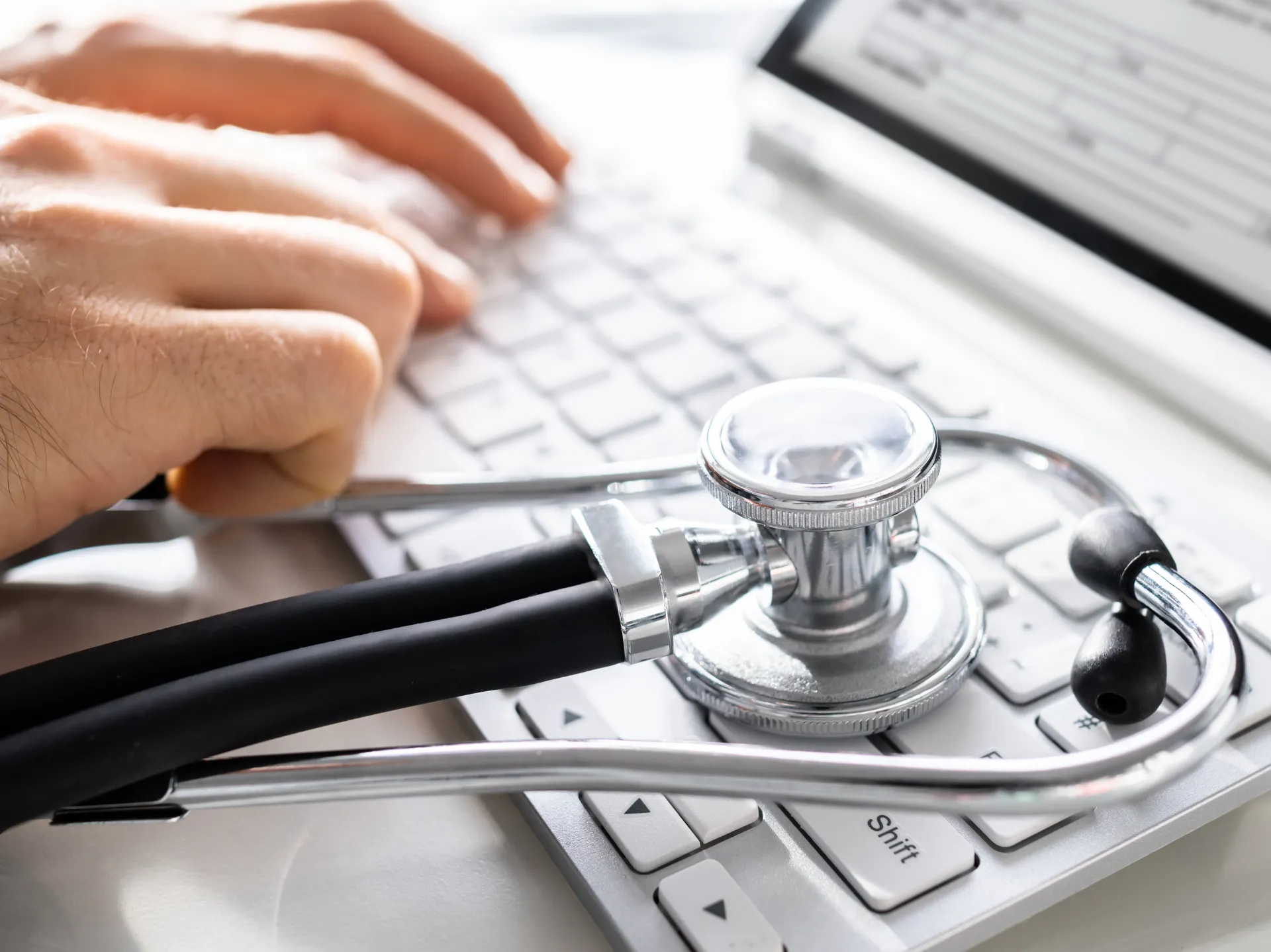What Is the Role of Healthcare Software, and Why Is It Important?

With the quick adaptive emerging technologies like AI , ML, Blockchain and more, software are revolutionizing nearly every industry, and healthcare is no exception. From managing-patient-records to diagnosing illnesses, software solutions play an important role in making healthcare efficient, accurate, and accessible. But how exactly do they contribute, and why are they so important? Let’s discuss!
What is the Role of Software in Healthcare?
1. Administrative Tasks
The best thing software has done is ending the days of endless paperwork. Software like Electronic Health Records EHR allows hospitals and clinics to manage patient information digitally. This improves recordkeeping, reduces manual errors, and ensures quick retrieval of patient history, freeing up time for healthcare professionals to focus on patient care.
2. Diagnostics and Treatments
AI-powered imaging software, telemedicine platforms, and predictive analytics are transforming diagnostics. These tools help doctors identify illnesses faster and more accurately, enabling timely interventions and better outcomes.
3. Patient Engagement
Wearable devices and health-apps allow patients to monitor their fitness, track vital stats, and stay updated about their health in real-time. These solutions allow patients to take control of their health and stay connected with their doctors for regular and personalized care.
4. Remote Care
Telemedicine software makes it possible for patients to consult with doctors from the comfort of their homes. This has been especially helpful during the COVID-19 pandemic and for individuals living in remote areas with limited access to healthcare facilities.
5. Resource Management
Practice Management Software (PMS) and hospital management systems simplify scheduling, billing, and inventory management. They ensure that resources such as staff, equipment, and medicine are optimally utilized.
Why Are Software Solutions Essential in Healthcare?
1. Improved Accuracy and Efficiency:
Software like EHR reduces the risk of manual errors and automates repetitive tasks, resulting in precision and saving time for healthcare providers.
2. Better Patient Outcomes:
With faster diagnoses and personalized treatment plans through EHR, patients receive the right care at the right time, improving recovery rates and overall health outcomes.
3. Cost Savings:
By automating processes and optimizing resource usage using CRM, software reduces operational costs for healthcare institutions and improves affordability for patients.
4. Increased Accessibility:
From telemedicine to mobile health apps, software ensures that quality care is accessible to more people, regardless of their location.
What Are Some Examples of Software in Healthcare
1. EHR Systems :
Digital storage and management of patient data.
2. Telemedicine Platforms:
Virtual doctor consultations for remote care.
3. Medical Imaging Software:
AI-based diagnostics for scans and X-rays.
4. Wearable Health Devices:
Tools like smartwatches for real-time health tracking.
5. Practice Management Software (PMS):
Appointment scheduling, billing, and staff management.
How Can Software Shape the Future of Healthcare?
Software continues to evolve, integrating advanced technologies like AI, blockchain, and IoT. These innovations promise a future where healthcare is even more personalized, predictive, and proactive.
Today, AI is detecting cancer early, blockchain ensuring secure patient records, and IoT-enabled devices tracking patient vitals round the clock. This is just the beginning of the potential software holds in transforming global healthcare and the best is yet to come.
Healthcare Software Development Company
Whether you need a custom EHR system, telemedicine platform, or AI-powered diagnostic tools, we can bring your vision to life. Our healthcare software development services are customized to meet your unique needs and deliver exceptional results.
Software in healthcare isn’t just a trend—it’s a necessity. It bridges the gap between patients and providers, ensures better care, and creates a system that’s both efficient and accessible. The real question isn’t whether software is important in healthcare; it’s how we can continue to make it better. The answer lies in utilizing AI and the innovative solutions provided by NWO.